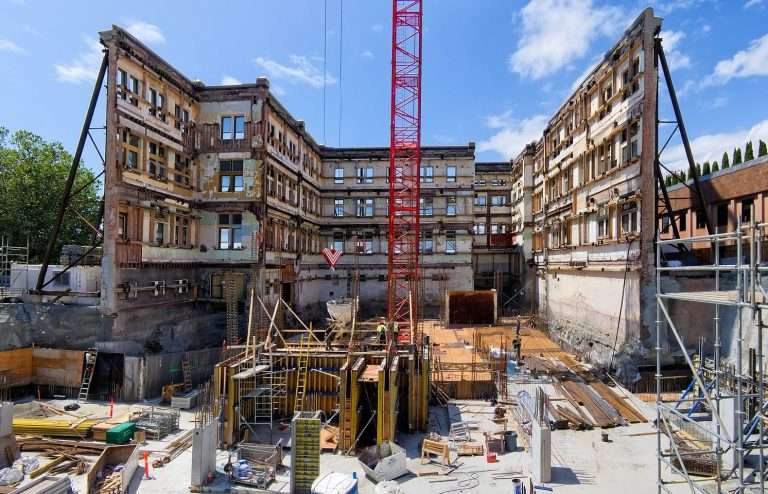Effective Management of Diverse Personalities in Construction Teams
Introduction
Managing work teams in the construction field requires a precise understanding of the nature of the different personalities that make up the team. Construction teams are composed of a diverse group of individuals, each of whom brings different qualities and abilities that directly impact project performance and quality. These teams include engineers, workers, supervisors, accountants, planners, and others. This article reviews how to manage these personalities in a professional manner to make the most of their skills and ensure the success of the project.
Addressing Negative Personalities
Negative personalities can be one of the most influential obstacles to a team’s success. These individuals may be demotivating, create chaos, and spread negative energy within the team. To address this problem, negative behaviors must be identified and addressed directly. Training should be provided to change these behaviors, and sometimes firm action must be taken if performance does not improve. Effective management of negative personalities is crucial for maintaining team morale and productivity.
The Role of a Manager
A manager in construction teams must be an assertive and directing leader. They should not be preoccupied with minute details but rather focus on the big picture and general direction. A good manager knows how to distribute tasks and rely on their team to achieve common goals. The most important qualities of a good manager include setting clear goals, motivating and inspiring the team to achieve the best performance, and ensuring open and effective communication channels between all team members.
Key Personalities in Construction Teams
Each role within a construction team has its own set of characteristics and responsibilities:
- Accountant: The accountant must be accurate, committed, and transparent in financial operations. Their role requires strong skills in managing accounts and ensuring budget adherence.
- Worker: Workers need clear and specific tasks, continuous guidance, and periodic training to improve their skills. Supervisors must monitor their performance and provide immediate feedback.
- Foreman: The foreman acts as the link between workers and management, ensuring adherence to standards and specifications, understanding engineering drawings, and maintaining site safety.
- Planner: The planner coordinates all departments and ensures the project follows the planned schedule. They must be prompt, committed, and highly analytical.
- Site Engineer: Site engineers are responsible for implementing engineering designs on the ground. They must handle technical problems and ensure work is done according to specifications.
- Contractor: Contractors manage resources efficiently, adhere to contracts, and ensure on-time project delivery.
Conclusion
Managing staff personalities in construction teams requires a deep understanding of the nature of each role and the challenges it faces. A good manager must be able to motivate their team, guide them effectively, and ensure that everyone is working towards common goals. By clearly defining roles and responsibilities, success can be achieved in any construction project. It is important to emphasize that unqualified personnel can lead to delays, additional costs, and quality problems. Therefore, management must be resolute in selecting the right individuals and ensuring they have the necessary skills and experience to achieve success.







